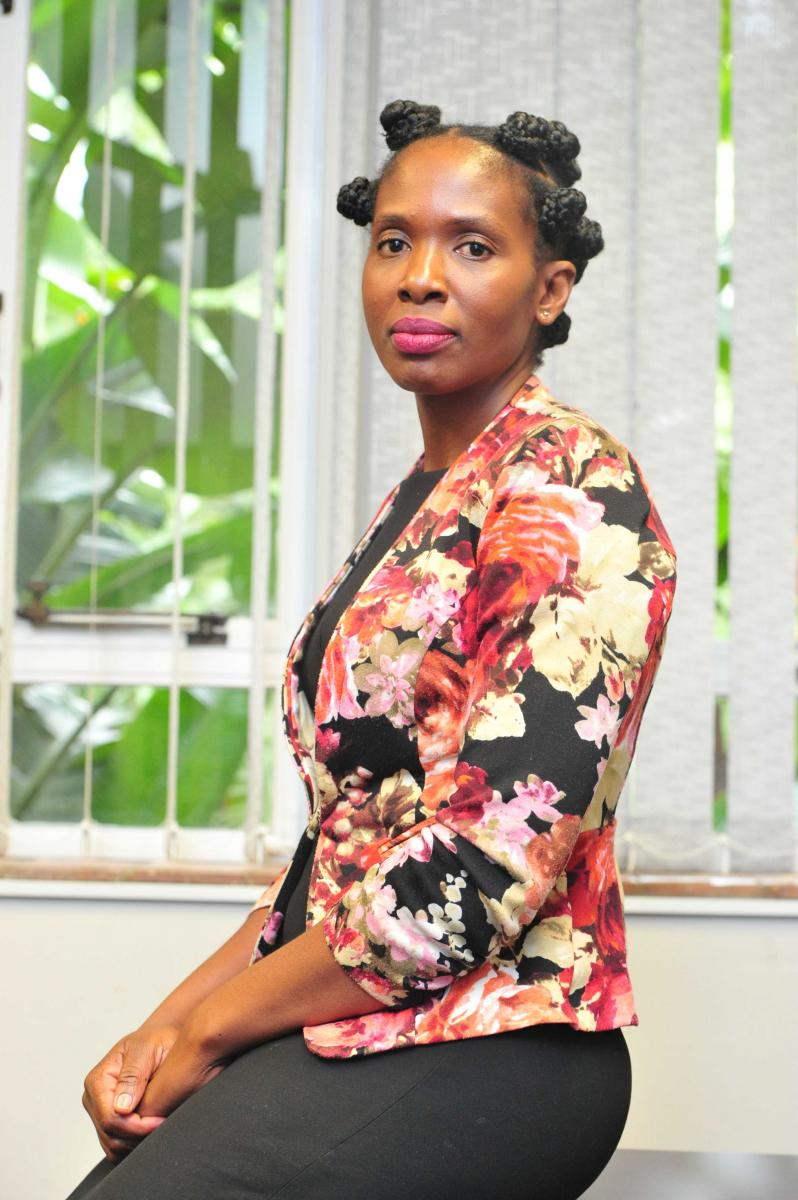The effects of bullying in schools
The effects of bullying in schools UrsulaWhen Lusani Mugivhi was just nine years old, her parents took her to boarding school where she stayed until she finished matric. Unfortunately, she became a victim of bullying and her parents were too far away to protect her.
She is now 37 years old and an attorney who works as a Senior Legal Counsel and Acting Group Manager at the Council for Scientific and Industrial Research (CSIR). However, traumas of being bullied remain fresh in her memory.
“I was just a little girl from Tshifudi village in Limpopo who was moved away from home because my parents wanted better education for me, but they had no idea that I would be bullied,” she said.
From her first year in a school, Mugivhi said she found herself in a different environment, surrounded by people who had different ethnicities and cultures than her own.
“I was ‘that girl from the rural Venda’, ‘the darkest in the room’, and supposedly ‘the ugliest in the room.’ I was made to feel that there was something wrong with me because I looked different. It continued until I was in my mid-teens,” she said.
Although it was never physical, it caused her emotional and psychological trauma as a child.
“All those things they yelled at me were most painful because I could not tell my parents about the experiences at school since I was far from home. I could not run to anyone for help. I could not always tell teachers everything that was being done to me. It was just terrifying,” she said.
“I had to deal with it on my own and stand up for myself. I ended up having to create a shell and shut myself off from the environment in order to focus on my school work,” she added.
She told herself that no one had a right to define her.
Her message to bullies is that they should deal with their deeper issues because they have insecurities about themselves that is why they want to hurt others.
“It is wrong. They must stop it. I sympathise with them, but I do not condone bullying,” she said.
For those who are being victimised, Mugivhi said they must talk to someone about it because it helps.
“It does not necessarily have to be your parents. You can talk to someone you trust,” she said. 
What is bullying in schools?
The Department of Basic Education defines bullying in school as something that can occur either inside or outside of school. It can be physical, verbal, or emotional and is usually persistent.
“Bullying sometimes consists of a group of learners taking advantage of or isolating one learner in particular and gaining the loyalty of bystanders who want to avoid becoming the next victim,” said Department of Basic Education spokesperson Elijah Mhlanga.
“For behaviour to be labelled as bullying, it has to be persistent and intentionally designed to hurt or frighten another. The bully normally has power and control over the victim,” said Mhlanga.
Parents and educators are advised to stay vigilant, look for warning signs, and attempt to address problems quickly.
One of the signs is if your child feels a need to avoid certain areas on school property at certain times.
“Learners must feel safe at school. Parents and other adults can help learners who suffer at the hands of bullies,” Mhlanga said.
Tips for parents whose children are affected by bullying
- Encourage your child to talk to an adult, such as a supportive teacher, every day to provide an update on the mistreatment.
- Be sensitive to the fact that your child may feel embarrassed and ashamed.
- Find out what happened, who was involved, and when and where it happened, and keep a record of this information.
- Ask your child to express his/her thoughts and feelings about what happened.
- Express confidence that you, the adults at school, and your child will be able to find a solution.
- Assure children that you will immediately investigate and report the matter to the school principal or senior teacher.
- Ask for a copy of the school’s policy.
- Avoid being a “fix-it” dad or mom by calling the bully’s parents. Most of the time, this action is not effective.
- Don’t tell your child to retaliate. It’s against the rules, and retaliation frequently makes the bullying worse and more persistent.
- Watch for signs of depression and anxiety in your child, and do not hesitate to seek professional counselling.
Mhlanga added that schools are encouraged to have strategies that combat bullying and policies that address it. These include school forums devoted to bullying problems, increase adult supervision in the school premises, and emphasise consequence management for those hurting others.
Report bullying by calling:
SAPS Hotline
0860 010 111
DBE Hotline
0800 202 933
ChildLine - South Africa 08000 55 555